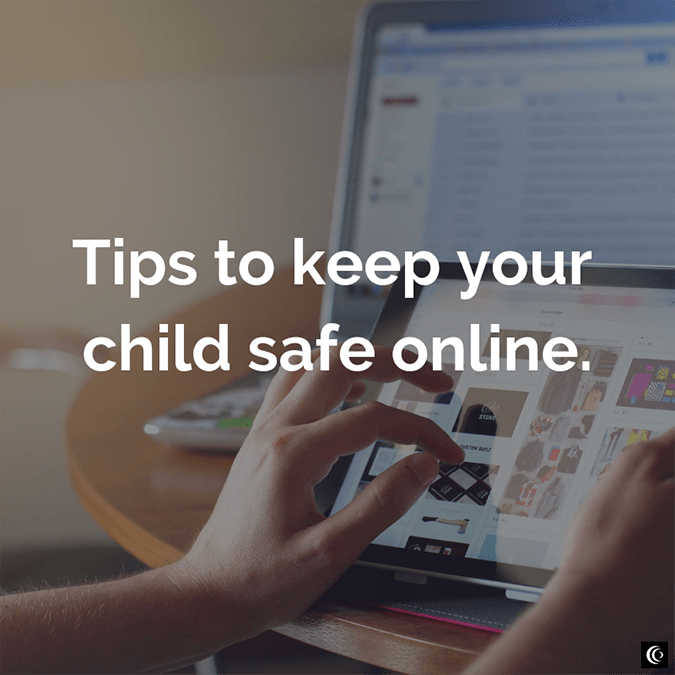
This week, many of you have been talking about the Momo Challenge, a game
that threatens kids with violence if they don't commit potentially
dangerous activities, including harming themselves. The ultimate goal
of the challenge is to meet Momo, but if the tasks aren’t accomplished,
threats are made to the victim. The challenge
reportedly struck Montana, when a Lockwood teen’s parents reported that their child had been
threatened.
 The Momo Challenge isn’t the only safety issue that children have
faced online – there are frequent online safety challenges that
pop up such as the Tide Pod Challenge or the Cinnamon Challenge, to name
two others. As many parents know, children do not always understand the
permanent and future consequences of today’s actions. Keep in mind
that the impulse control and decision-making part of our brains (the frontal
lobe) is not fully developed until our early 20s.
The Momo Challenge isn’t the only safety issue that children have
faced online – there are frequent online safety challenges that
pop up such as the Tide Pod Challenge or the Cinnamon Challenge, to name
two others. As many parents know, children do not always understand the
permanent and future consequences of today’s actions. Keep in mind
that the impulse control and decision-making part of our brains (the frontal
lobe) is not fully developed until our early 20s.
A quick Google search will call into question the actual impact this challenge
has caused; regardless, Campbell County Health has a message to parents:
talk with your children about using apps, social media, gaming, the Internet,
and so forth.
Check out these tips to help you keep your child safe online:
-
Know your child’s online playground. We’re not saying that you need to be glued to (all of) their screens,
but make time to ask them what they are watching, reading or playing—or
talk with them about the sites they visit frequently. You can also check
your child’s browser history regularly, and use security tools and
privacy features for extra protection.
-
Set time limits on how much screen time they have. Some parents opt for a time-frame of 30 minutes to one hour, while others
are OK with more hours spent online. Some parents allow time online only
after all the chores and homework is finished.
-
Teach them to protect their privacy. Make sure your children know that they should NEVER give out their name,
phone number, email address, usernames, passwords, address, school, or
even a picture without your permission. You can take this a step further
by letting them know that they shouldn’t just click on links to
emails, that they shouldn’t open an email from someone that they
don’t know, and that they shouldn’t meet with anyone that
they met online. And, even if a site promises them extra points (or money)
for clicking on a link or providing their username/password, teach them
to always show it to you before they go forward.
The most important message to tell your kids is that you understand and
respect their privacy, but you want to make sure they stay safe while
online. Teach your child to come straight to you when they see anything
that makes them uncomfortable or unsure.